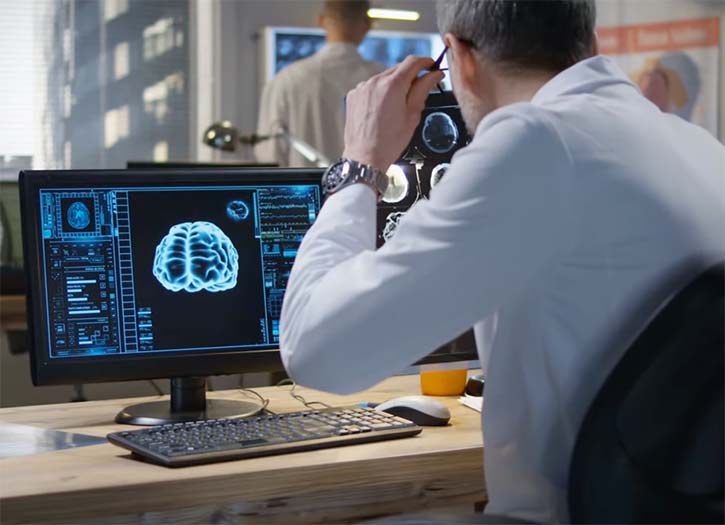Medicine is so much more than delivering treatments or writing prescriptions: It’s about helping a person. The Medical Humanities Research Institute (MHRI) at Rice University, launched in October 2023, is aiming for a paradigm shift in medicine that refocuses on the human beings at the core of medicine, both as health care professionals and patients. Medical humanities not only elevates the contributions and perspectives that the humanities can bring to health care; it’s a multidisciplinary approach that also engages the arts, social sciences, engineering and other fields to ensure that patients are seen as people in the context of healing and to make health care more equitable and inclusive for all.
The MHRI is unique in both its mission and its location: at a top-tier research university that is unaffiliated with a medical school, only steps away from the largest medical center in the world. This provides the MHRI the ability to collaborate with institutions across the Texas Medical Center, and this close proximity means that its research is able to move from theoretical to practical across a range of applications. This summer, Rice students observed clinical rounds at Texas Children’s Hospital (TCH) and the Texas Heart Institute for a needs-finding assessment of technology and health equity, the findings of which became the basis for their bioengineering senior capstone projects during the academic year — and this is only the beginning.
Rice undergrads will also be working with TCH physicians on projects regarding pain perception in the pediatric ICU and inclusion of patient narratives in the electronic medical record, while the MHRI will be collaborating with TCH and Houston Methodist on delirium research across the lifespan. Other research projects include collaborations between the University of Houston BRAIN Center, the Luria Neuroscience Institute and faculty at Udayana University and the Art Institute Denpasar in Bali to conduct the first mobile brain-imaging and neurochemical studies of gamelan music with students from Rice’s Shepherd School of Music and UH working alongside Balinese engineering and music students to conduct the research.
“It’s incredibly exciting to be doing this work at this time,” said Kirsten Ostherr, the Gladys Louise Fox Professor of English and director of the MHRI. “The time is ripe, people are ready for it, and we’re in the right place to be doing it.”

